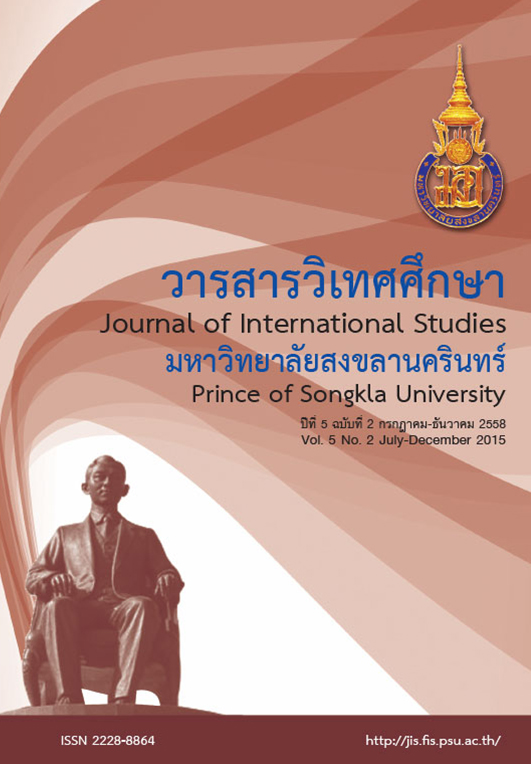Symbolist Paradigm of Language Structure
Main Article Content
Abstract
Symbolism is one of the main research paradigms of cognitive psychology. It compares the human brain to a Turing Machine and argues that cognitive activity is a process using rules to conduct serial processing on symbols and output new symbolic expressions. Finiteness is the essential requirement of symbolism processor, including finite input, finite state, and finite transition rules. Among the elements of a language, phonemic system, grammatical rules and character system are all finite sets and they meet the requirements of symbolist paradigms; lexical-semantic system is a open set, and it has to be limited to adapt to the requirements at thecost of the detailed semantic meaning. Compared with the symbolist paradigm, connectionist paradigm is a more ideal cognitive and constructive model.
Article Details
Statements and opinions expressed in articles herein are those of the authors and do not necessarily reflect the position of the editors or publisher.
Article, information, text, image, etc. which are published in Journal of International Studies, belong to Journal of International Studies. If anybody or any organization would like to use part or whole of them, they must receive written permission from Journal of International Studies before usage.


